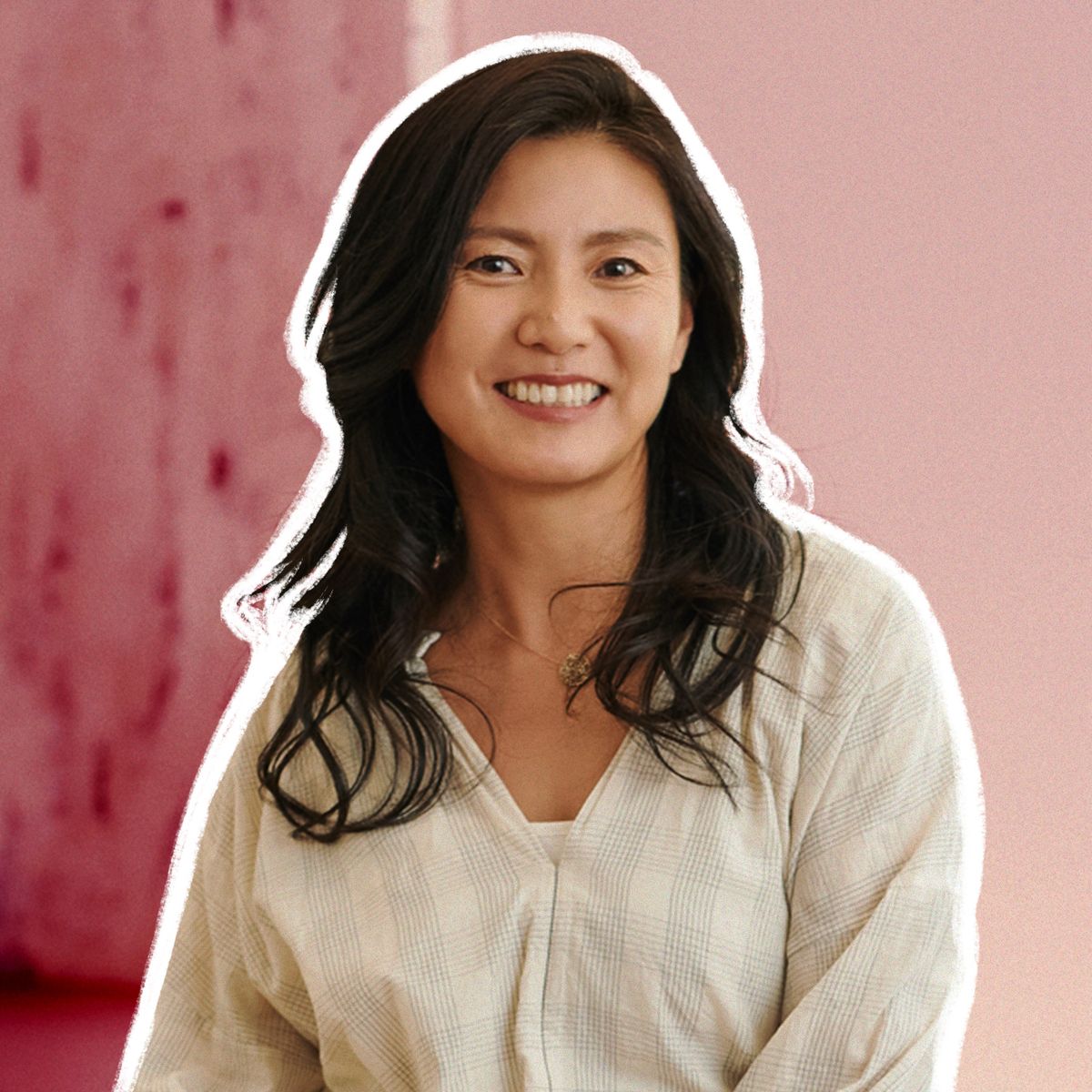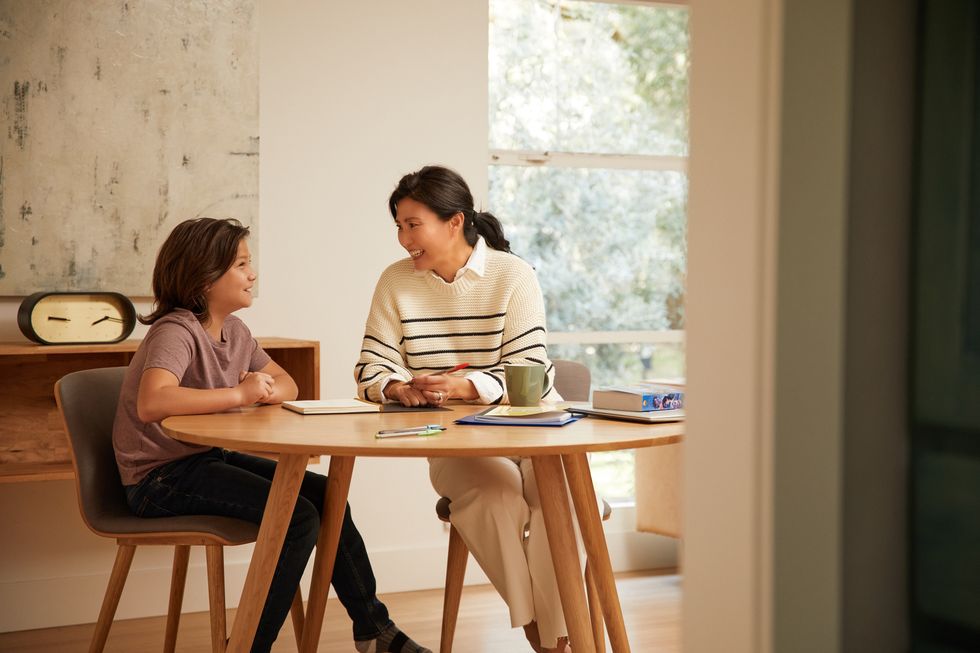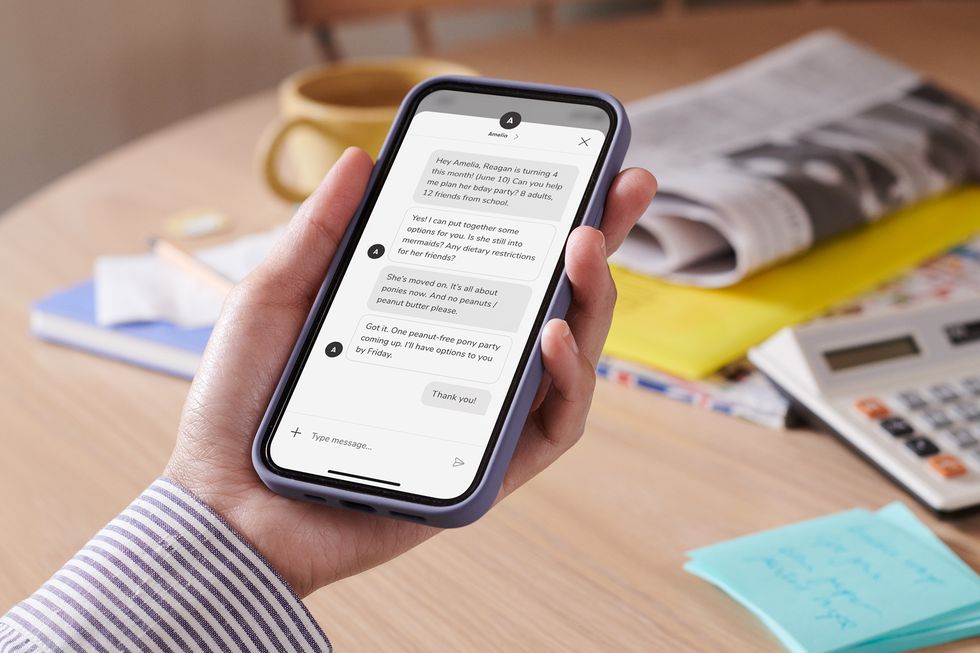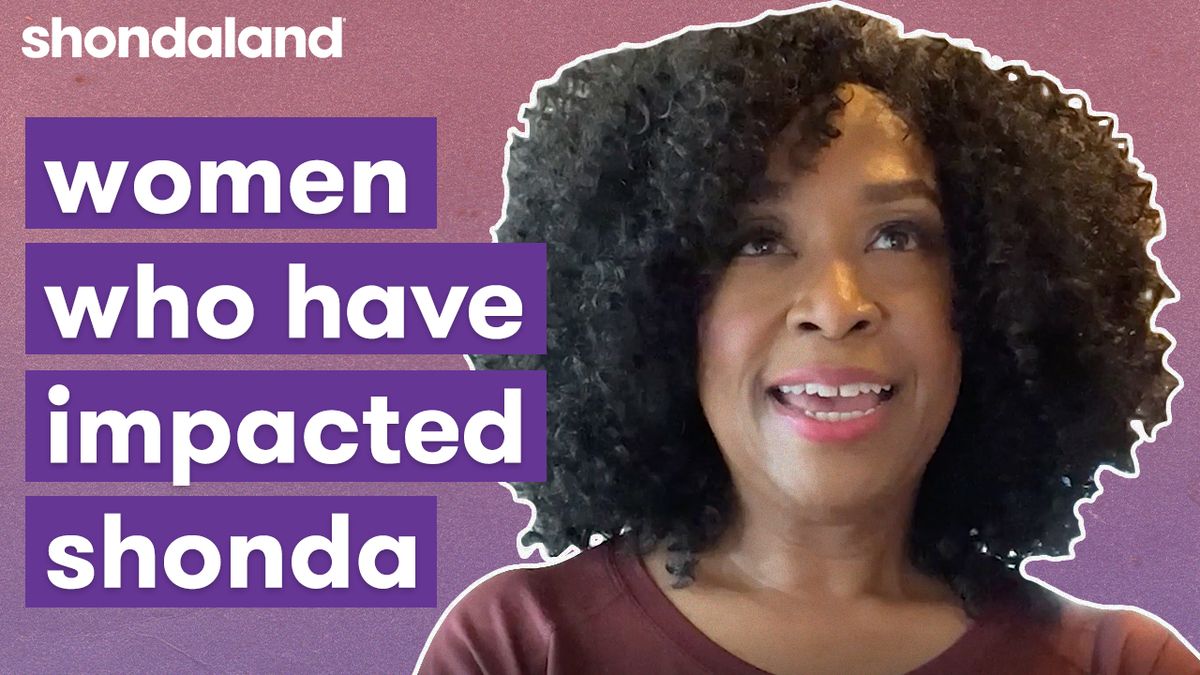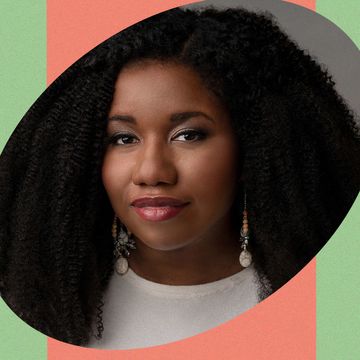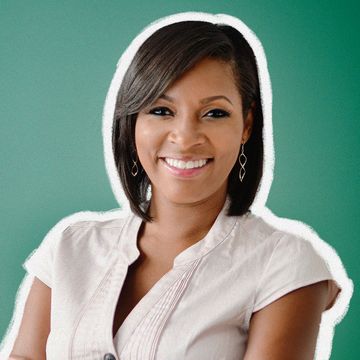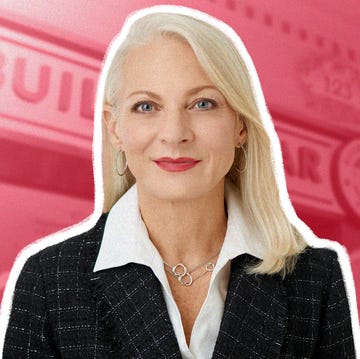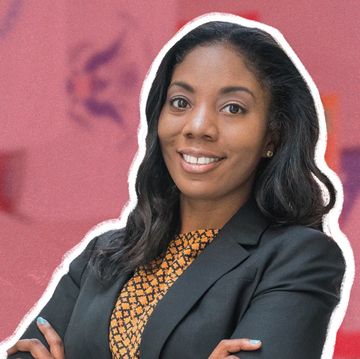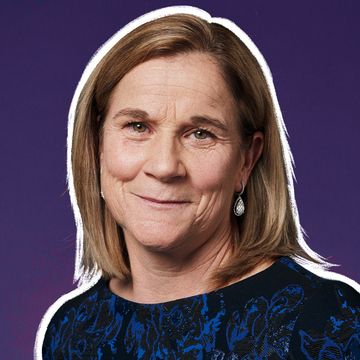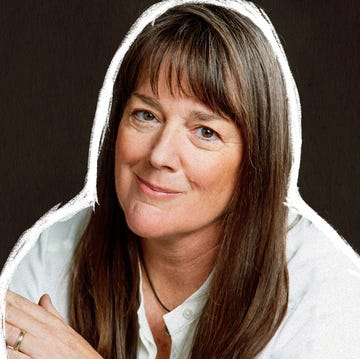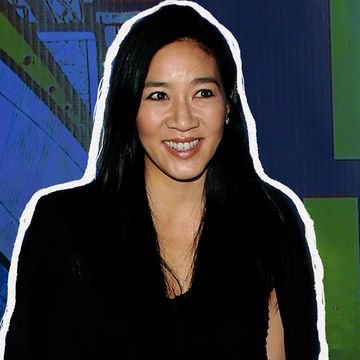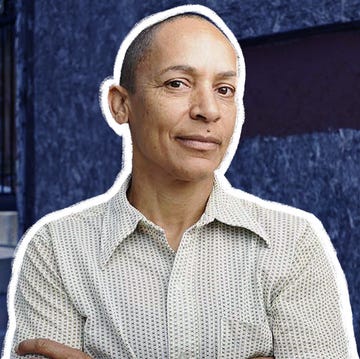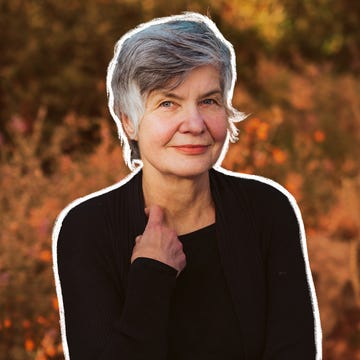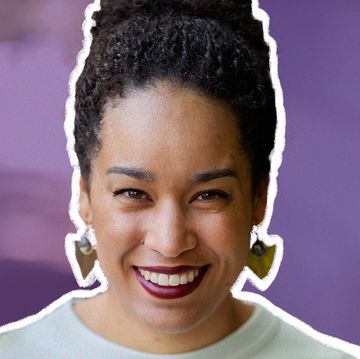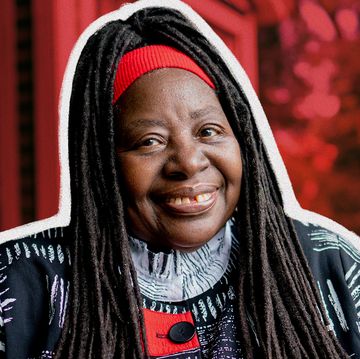In the ongoing Shondaland series Head Turners, we meet interesting women from every facet of life who are crushing it in their careers. From artists and tech mavens to titans of the boardroom, these women are breaking barriers, and they’ll share how you can too.
The work of Yoky Matsuoka has likely already touched your daily life given that the Silicon Valley-based engineer has held leadership roles at companies such as Apple, Google, and Nest. Now, the working mother of four is applying her human-centric computer science expertise to help families with the digital assistant platform Yohana.
Matsuoka’s career began in academia at Carnegie Mellon University and the University of Washington, where she founded the Center for Sensorimotor Neural Engineering and the Neurobotics Laboratory. In 2007, she was named a MacArthur Foundation fellow.
Yohana, Matsuoka’s Panasonic-backed membership service, which recently expanded nationwide, helps families delegate and manage everyday tasks, ranging from scheduling hair appointments to planning birthday parties, by utilizing both the power of human assistants with a touch of AI. Unlike many other digital assistants, Yohana is focused on connecting users to on-demand help from IRL human helpers.
Matsuoka recently spoke with Shondaland about what led her to create a personal assistant for families, how she balances automation with human judgment, and why she’s still not prepared for AI to totally be in control.
JESSICA RITZ: What was the aha moment that inspired you to create Yohana?
YOKY MATSUOKA: It’s been in the making all my life. Since graduate school, I’ve always wanted to build something that’s going to help people using my technology background in robotics, AI, and neuroscience. But as I moved into Silicon Valley, leaving academia behind, I’ve gotten closer to consumer [tech]. We were thinking more about how we help people. Then, the pandemic hit.
The whole thing became obvious with my life with four kids. It was already hard enough every day. I was learning how to delegate to get things done so that I can have my job, then be a mom, a good wife, and have time for myself. That just wasn’t possible. I realized I know how to bring humans and technology together to come up with solutions.
JR: How did the pandemic specifically affect you?
YM: There [was] some happiness by being so close to kids all day, but I just did not have the mental space anymore. There’s a magical thing when I’m at work. I come to work because I get to use all my brain — 100 percent. It was never that way during the pandemic. I didn’t have a second to think of something else. I felt like I couldn’t be myself anymore.
JR: Your four children range in age from 10 to 18. What tech protocols does your own family have at home?
YM: I live in Silicon Valley, and I’m probably one of the most backward people in the use of technology. We have very limited screen time because we want to make sure that kids are not forgetting to interact with nature and have their own brain reserved to think. We still don’t have TV.
My oldest are basically non-tech dependent kids. My younger two were very young when the pandemic started, and the entire school went online. I couldn’t take computers away from them, so their habits are a little bit different. We absolutely do not allow people to be holding their phone or have the phone in the same room when they’re eating dinner.
JR: How can Yohana address imbalances in the domestic sphere?
YM: One of the many things that we are doing is trying to teach people to delegate. It’s hard. I also had a hell of a time delegating. There are things that I had to learn. Cooking is an interesting example. I like cooking. I used to cook, and that was fun. I realized it’s very time consuming. I wanted my kids to also know that I cook too. But for the sake of fitting in my career and having more time with my kids, I taught my husband [recipes] that I make, like Japanese food. My husband is British. That’s life. [With] balance and messiness, it all comes together.
JR: How does Yohana involve AI technology?
YM: We never answer straight from a machine. If you play with ChatGPT, you know that it is sometimes entirely wrong, so you can’t trust it at this point. When we can save time on our side and make efficiency go up, we absolutely use it. Then, we’re plugging in all different kinds of automation and AI in different ways so that we can serve people in an end-to-end, rich way.
JR: As a computer scientist, what concerns do you have about AI?
YM: From Yohana’s perspective, I am very happy that we are positioned with humans in the loop. That absolutely is required for a long time, if not forever, no matter how good the technology becomes. This is for making judgments, making corrections, adding empathy, making sure to connect things that are very difficult to connect, doing physical things that a computer can’t do. For all those reasons, we have humans in the loop.
Separately from that, AI is something that I studied. I had said in the past a human has to be in a loop, but there’s so long to go until any threat can happen. Looking at generative AI, I think that answer is no longer necessarily true. I believe that in the wrong hands, it could become a wrong thing. I certainly worry about that. I’m building a mission-driven company, and I do not want to use it for the wrong reasons. I hope that we can continue to teach that.
This interview has been edited for length and clarity.
Jessica Ritz is a Los Angeles-based writer who has contributed to Architectural Digest, Bon Appétit, Coastal Living, Los Angeles Times, Palm Springs Life, and Los Angeles magazine. Follow her on Instagram @jessnritz.
Get Shondaland directly in your inbox: SUBSCRIBE TODAY
